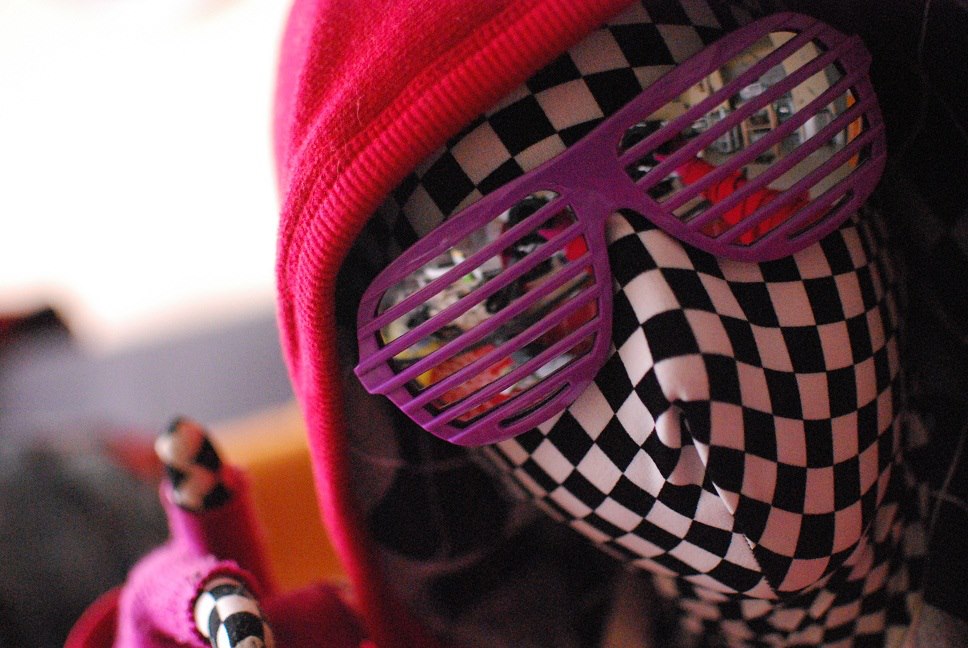There is a spirited conversation going on in the comment threads of a recent post, wherein someone has decided to contribute the oh-so-underrepresented point that victims of assault should have taken better care to avoid the assault. It’s far from a novel point, it’s far from an accurate point, it’s far from a useful point; sadly, it’s not a far from popular point. It is therefore quite serendipitous that my lunch-time reading (which should have been lunchtime blogging) included this excellent piece by Erika Nicole Kendall (Trigger warning for descriptions of abuse and sexual assault):
People far more eloquent than myself have commented on the foolishness of telling victims (and potential victims) that they have some culpability in their ability to be victimized. I’d be a fool to re-mow that neatly manicured lawn.
However, I think we need to fully understand what the world looks like in a space where it is acceptable to tell people that they can protect themselves from being raped. It’s easy to talk about the immediate consequences of a society that thinks that women invite attack by “dressing like sluts” or by “drinking too much” (and yes, I am saying “women” on purpose, despite the story above) and how wrong-headed that thinking is, but what does the world look like when you are told to live in constant fear of being victimized?
You know what it looks like? It looks like young girls, suffering from the advances of grown men who should know and be encouraged to do better, who carry their books across their chest because their breasts attract too much attention. It looks like Mothers of young girls, buying their pre-teen and teenaged daughters giant sweaters to wear to try to hide their breasts, because they “know the boys will stare.” And, right now, as someone says, “Of course they will stare!” I have to wonder – do we even bother to tell our boys (and, hell, grown men, too) how wrong that is? That no, it is not simply “hormones” and “natural urges” to gawk at and objectify a young girl because she’s got a large rack?


